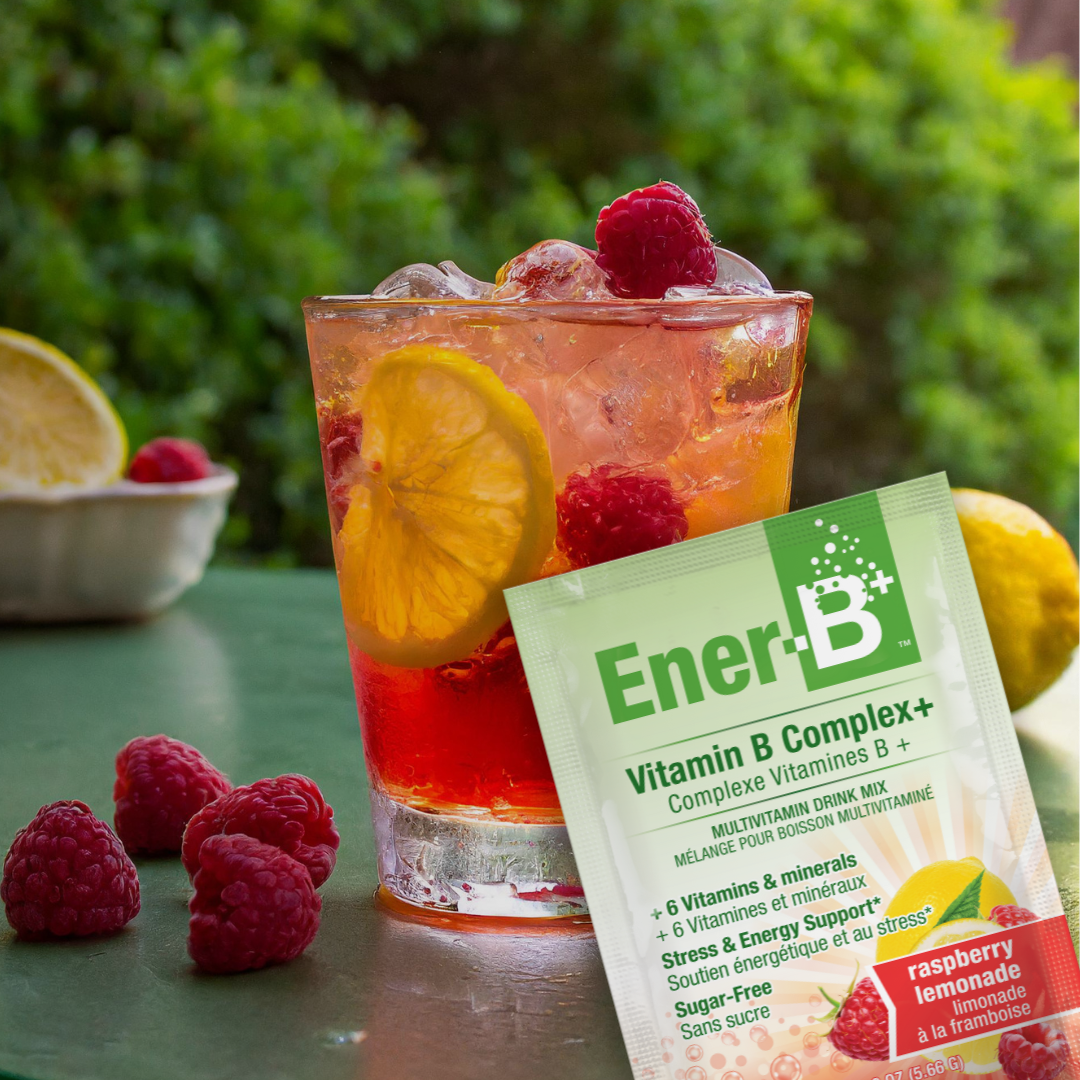
It's that time of year when stress is in the air. It hits you like a brick when you walk into a room of anxious, stressed and tired individuals. Well, this year, your stressors might be the same, but the way you handle them can be different! In this blog post, we’ll be covering some newly-researched benefits that Vitamin C has to offer when it comes to combatting the big, the bad, the ugly: STRESS!
Most of us associate Vitamin C with the immune system and inflammation, but vitamin C recently added a new notch on its belt. It has been shown to protect against both the physical and psychological effects of stress on people. Those who consume high levels of Vitamin C show little to no signs of mental and physical stress compared to those under the same circumstances with a lesser nutritious diet. They bounce back from stressful situations faster than people with low levels of vitamin C in their blood.
In one study, German researchers subjected 120 people to a public speaking task combined with math equations. “Half of those studied were given 1,000 mg of vitamin C. Such signs of stress as elevated levels of the stress hormone cortisol and high blood pressure were significantly greater in those who did not get the vitamin supplement. Those who got vitamin C reported that they felt less stressed when they got the vitamin.” This led the researchers to consider Vitamin C as part of their stress management protocol. New research has found that the vitamin can exhibit neuroprotective effects of antioxidant compounds and is now emerging as a possible therapeutic strategy for psychiatric diseases. Ascorbic acid (Vitamin C) supplementation has been shown to produce a fast therapeutic response with low toxicity and high tolerance, therefore it can be considered as a candidate for the treatment of mood and anxiety disorders.
Other studies showed that Vitamin C stopped the secretion of cortisol in animals who are repeatedly subjected to stress. Cortisol, our stress hormone, is created and stored within the adrenal glands. When a stressor comes along, it is released by the adrenal glands in response and relays the stressing news systemically throughout the body. This response triggers a widespread effect throughout the body, including an elevation in your heart rate, blood pressure, energy levels, sugars available within your bloodstream and an enhanced ability for your brain to use the glucose that has been released. In other words, your body goes into a hyper-productive and hyper-alert state, readily making stored sugars in our body available for us so we have the energy to work, run or fight the stressor presented to us.
Cortisol is the hormone that triggers the "fight or flight" response to stress. It allows us to leap into action at the first sense of danger. It has been shown that frequent exposure to high levels of stress hormones exhausts the body's physical resources, impairs learning and memory, and makes people susceptible to depression and mood disorders.
“In the animal-based studies, vitamin C fed to rats undergoing stress both prevented the expected increase in cortisol levels and prevented the animals from exhibiting the known signs of physical and emotional stress, including loss of body weight.” Animals that did not receive vitamin C had three times the level of stress hormones. Think about that for a moment... you could be three times less stressed simply by increasing your Vitamin C intake? Suddenly, stress doesn’t seem so scary when you know how to manage it!
The Recommended Daily Average (RDA) for Vitamin C for adults is 60 milligrams, which is far from the 1,000 mg that has been proven to be beneficial in the stress study and other studies. The current RDA was set decades ago and is based only the amount of Vitamin C needed to ward off scurvy. This, and previous studies would indicate that much larger doses of Vitamin C are beneficial to humans, who are one of the few animals whose bodies don't produce it themselves. So how do we close the gap? Being that Vitamin C is a water-based vitamin, it is beneficial for humans to consume it throughout the day.
Vitamin C is present in fresh, uncooked fruits and vegetables, especially citrus fruits, sweet potatoes, goji berries, tomatoes, kale, broccoli and red peppers. Eating these nutritious foods in sufficient quantities is sometimes easier said than done, especially when you are busy and feeling run down. Make supplementing with Vitamin C easy as possible with Ener-C Multivitamin Drink Mixes. One in the morning and one in the afternoon will help ensure you are getting enough Vitamin C to last you through the day. Just add water, let it fizz, and enjoy... oh, and don't be surprised if your ability to manage stress improves along the way!
By Lindsay Mustard. Lindsay is a Holistic Nutritionist, firefighter-in-training and recipe-wizard with a burning passion for health and fitness. In her nutrition practice, Lindsay works with clients to craft a unique plan that is tailored to their specific health goals using a natural, whole food and supplement approach.

